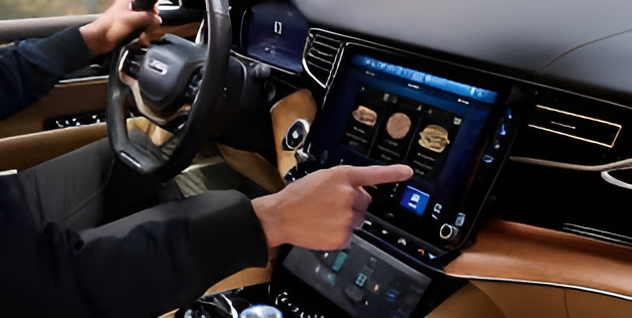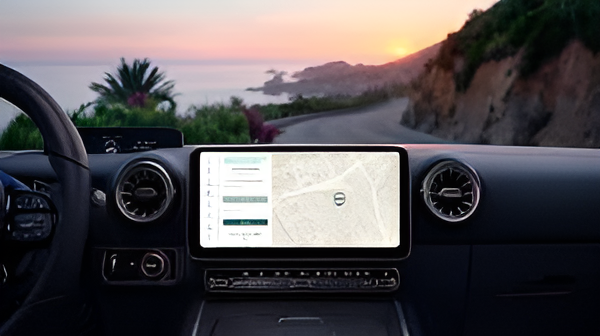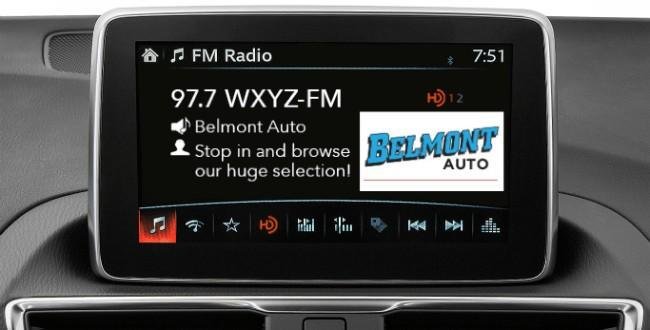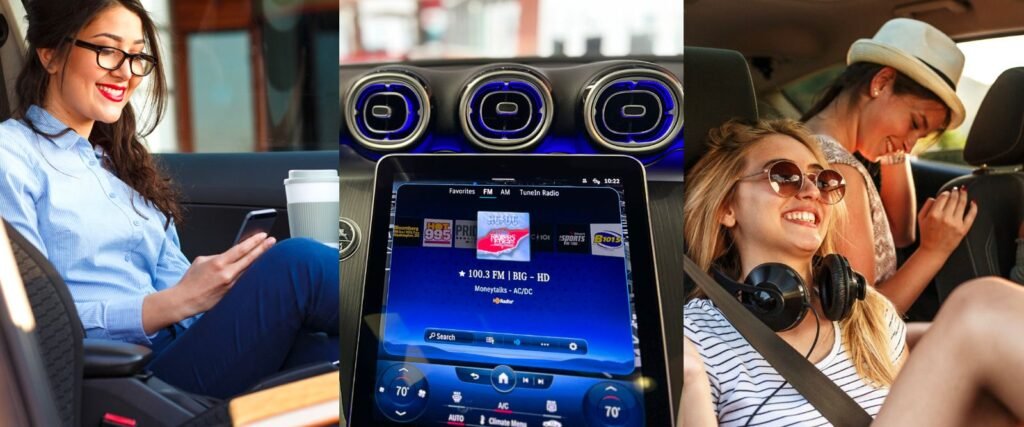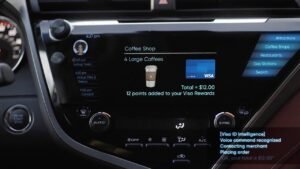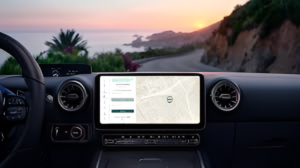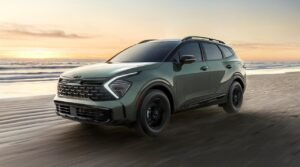A comprehensive new study reveals that 92% of Americans consider personal vehicle ownership important, defying earlier predictions of its decline, with nearly half of drivers now viewing their cars as essential “third spaces” for relaxation and escape.
The survey of 3,217 U.S. vehicle owners, conducted by DTS Inc. in September 2024, shows that 72% are unlikely to give up their personal vehicles in the coming years, while 62% anticipate their cars will eventually become extensions of their living rooms or offices.
“Reports of the demise of the personal vehicle have been greatly exaggerated,” notes the DTS report, contrasting current trends with previous industry predictions that suggested private car ownership would “all but end” by 2025.
The study reveals a particularly strong attachment to vehicles among younger generations, with 65% of Gen Z and 63% of Millennials considering their cars as third spaces – areas distinct from home and work where they can relax and recharge. This trend is even more pronounced among luxury vehicle owners, with 78% of ultra-luxury car owners viewing their vehicles as third spaces.
One-third of respondents report using their vehicles explicitly for “alone time,” with 41% spending 30 minutes or more during these solitary sessions. The survey found that 30% have deliberately parked in quiet locations to destress, while 29% have driven without a destination simply to clear their heads.
Entertainment preferences in these automotive sanctuaries heavily favor audio, with 88% of drivers choosing this medium during alone time. The importance of audio is further emphasized by the finding that 62% of consumers would reject vehicles lacking AM/FM radio capabilities, with 71% describing music as essential to their driving experience.
“As consumers embrace their cars as a ‘third space’ for relaxation, entertainment and comfort, the future of automotive design hinges on enhancing these experiences,” the report states. Key features desired by consumers include improved interior comfort, intuitive personalization of settings, and enhanced entertainment options.
Looking ahead, 61% of respondents believe consumers will either never give up their personal vehicles or won’t do so for at least ten years. The same percentage expects vehicles to evolve into extensions of their offices or living rooms, with 36% anticipating this transformation within the next five years.
The findings particularly challenge earlier predictions about autonomous vehicles replacing personal car ownership. While self-driving technology continues to develop, 70% of consumers express distrust in autonomous driving systems, suggesting that traditional vehicle ownership will persist well into the future.
Common vehicle uses reported in the survey include:
- Road trips/vacation driving (82%)
- Running errands (59%)
- Commuting (49%)
- Taking alone time (36%)
- Driving children to activities (26%)
- Ride-sharing services (11%)
- The report also highlights specific “third space” activities:
- 42% remain in their vehicles to finish listening to audio content
- 30% park specifically to recharge and relax
- 29% drive without destinations for relaxation
- 26% delay entering their homes to extend their car time
This comprehensive study suggests that rather than declining, personal vehicle ownership is evolving to meet changing consumer needs, with cars increasingly serving as personalized spaces for relaxation, entertainment, and eventual work extensions.




